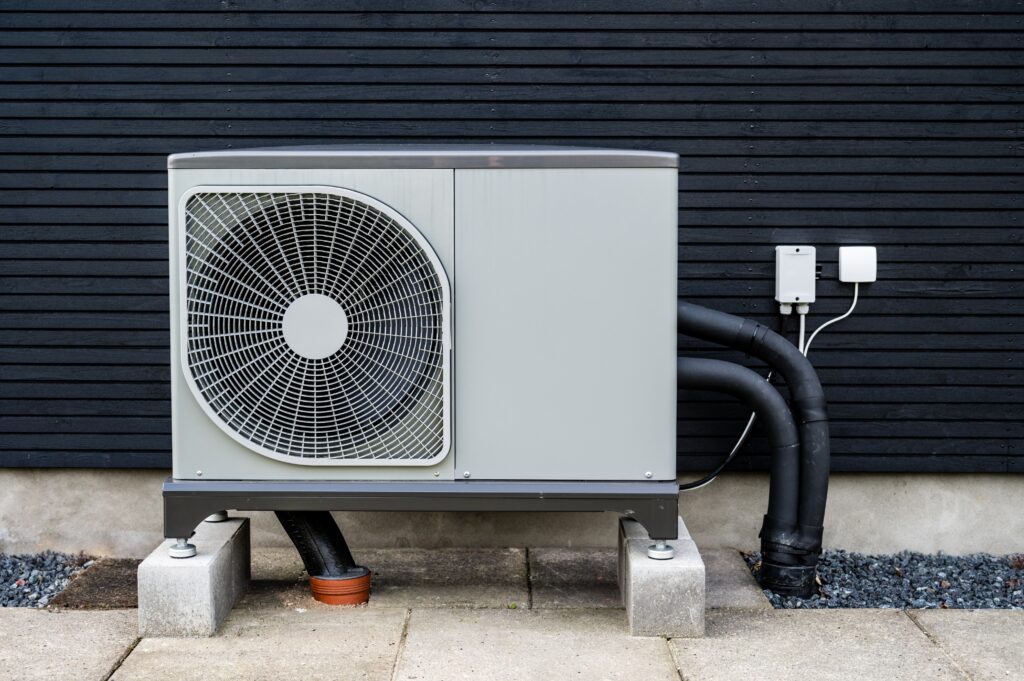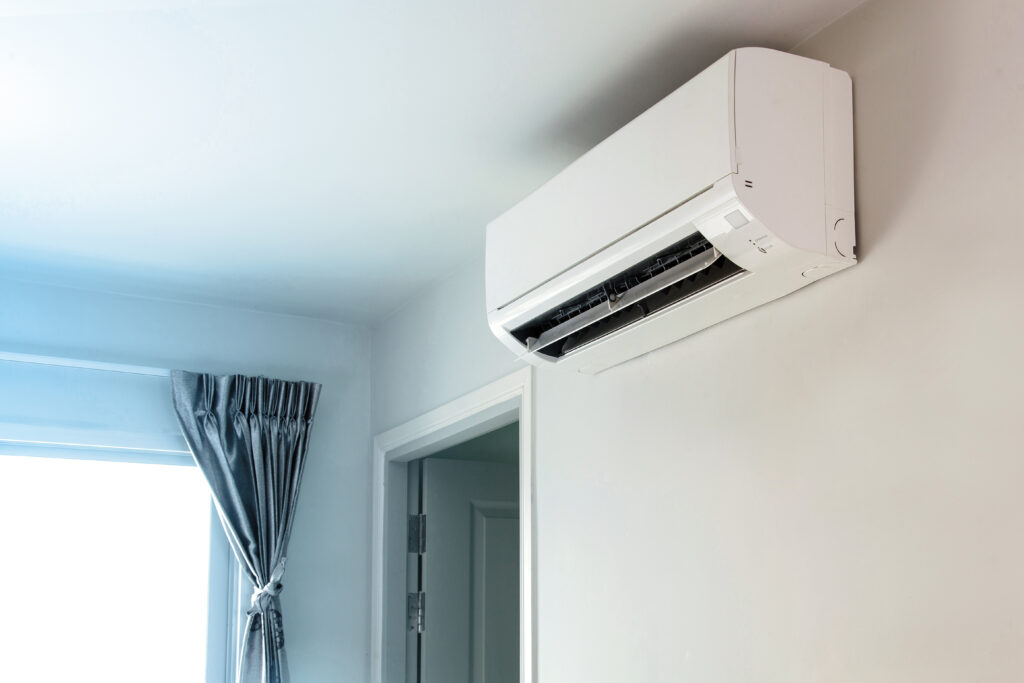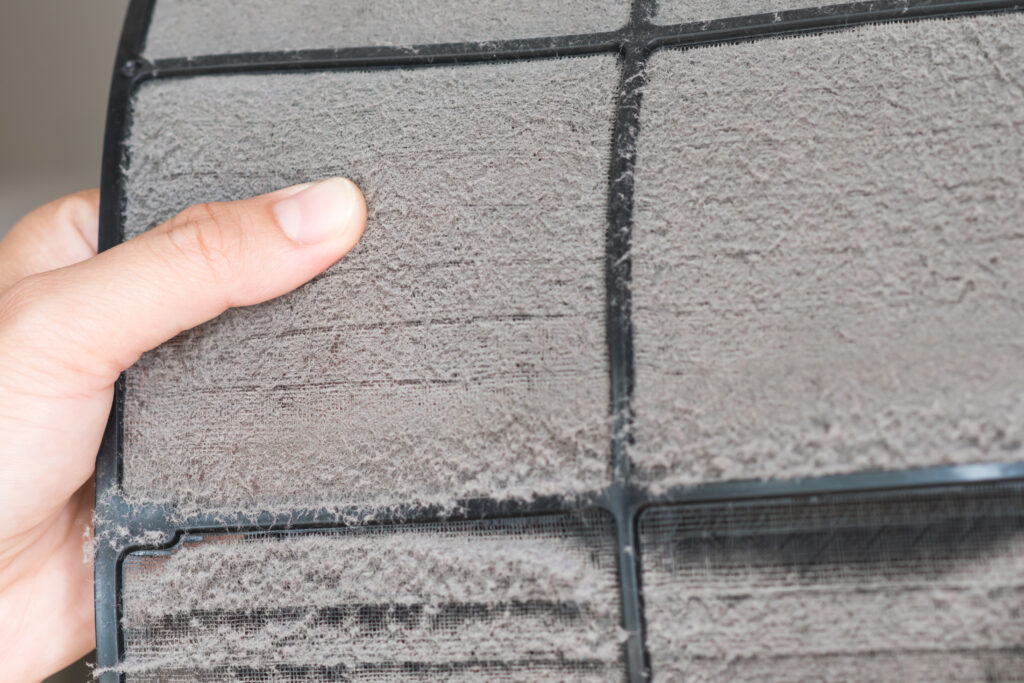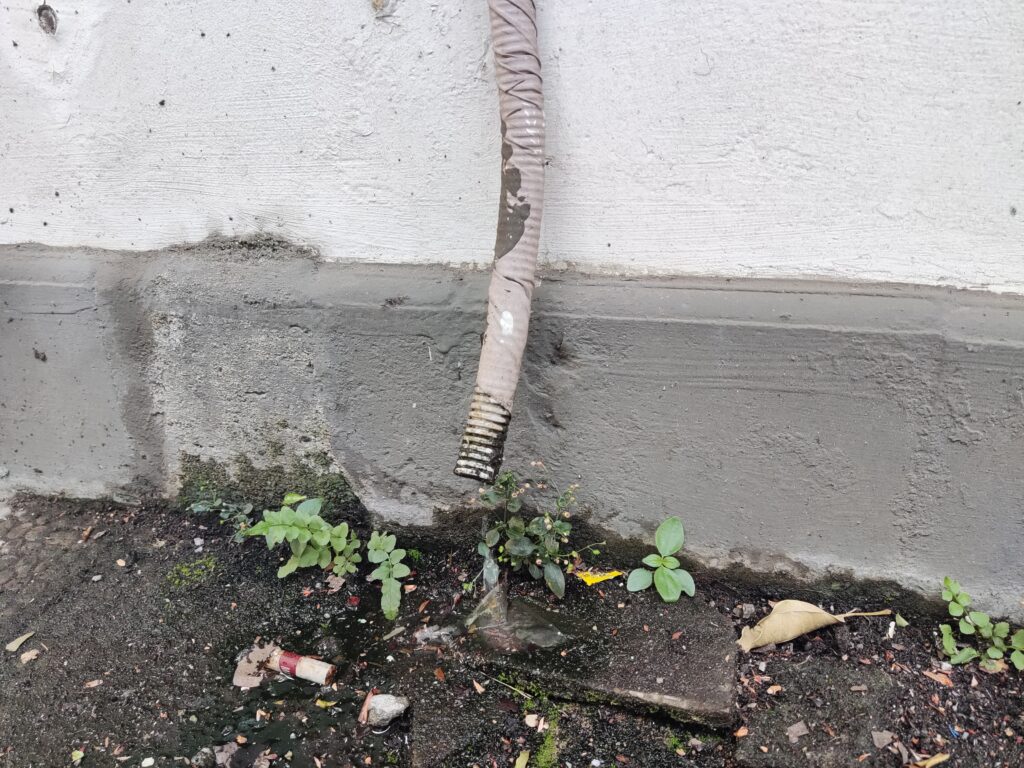With growing concerns over the environment and climate change, a lot of homeowners are focused on energy efficiency and sustainability. Fortunately, HVAC systems are more energy efficient now than they once were, allowing you to balance your home’s comfort with a lower carbon footprint and reduced energy consumption.
Is it time for an HVAC upgrade? Are you wondering what are some energy-efficient HVAC options? Here’s everything you need to know from the experts at M&M Heating and Air.
High-Efficiency Heat Pumps
Heat pumps are gaining a lot of attention for their energy efficiency. Unlike traditional heating, which generates heat from a fuel source, heat pumps work by transferring heat from one area to another to keep your home comfortable.
During the winter, heat pumps extract heat from the outdoor air and transfer it into your home to keep you warm. During the summer, this process is reversed, pulling heat from your indoor air and releasing it outside.
The benefits of high-efficiency heat pumps include:
- Energy efficiency: Heat pumps use electricity to transfer heat instead of burning fuel, so they’re more energy efficient than other systems.
- Reduce carbon emissions: Heat pumps do not burn fossil fuels like traditional systems, so they have lower carbon emissions.
- Heating and cooling: Heat pumps can be used for both heating and cooling in one system, giving you the option to purchase and install just one system.
- Consistent comfort: Heat pumps offer heating and cooling, so they can keep your home comfortable all year round.
Geothermal Heat Pumps
A geothermal heat pump, or ground-source heat pump, relies on the heat of pipes deep in the earth to exchange heat. Like other heat pumps, they can be used for heating and cooling by extracting heat in the winter and releasing it in the summer.
The benefits of geothermal heat pumps include:
- High efficiency: Geothermal heat pumps are efficient because they use a natural heat source instead of burning fuel.
- Long lifespan: Geothermal heat pumps have a longer lifespan than some traditional HVAC systems.
- Renewable energy: The earth’s natural heat is a renewable and sustainable energy source, unlike fossil fuels.
- Lower operating costs: Geothermal heat pumps can save you a lot on your energy bills over their lifetime.
Ductless Mini-Split Systems
Ductless mini splits are becoming more popular because they don’t require ductwork. They’re versatile and rely on an outdoor unit with one or multiple indoor units that are in separate zones, so they can be used in homes that don’t have ductwork or homes that have renovations or additions.
The benefits of ductless mini-split systems include:
- Energy efficiency: Ductless mini-split systems don’t have as much energy loss as ducted systems, so they’re more efficient.
- Multi-zoned comfort: Each ductless indoor unit operates independently, so you can heat or cool different zones of your home for more personalized options.
- Simple installation: Because there aren’t ducts, ductless systems are often simpler and more straightforward to install than more complex HVAC systems involving ductwork.
- Better indoor air quality: Ductless mini splits use multi-stage filtration to filter out dust and allergens, thereby improving indoor air quality.
Variable Refrigerant Flow (VRF) Systems
A variable refrigerant flow (VRF) system, which may be called a variable refrigerant volume (VRV) system, is a different type of HVAC system that offers zoned heating and cooling with precise control over each zone. Like ductless systems, they have one outdoor unit and multiple indoor units.
The benefits of VRF systems include:
- Energy efficiency: VRF systems adjust the flow of refrigerant to match your home’s zone demands, so there’s less energy waste.
- Multi-zoned comfort: You can adjust the heating and cooling in different zones based on occupancy and personal preferences, balancing comfort and efficiency.
- Cooling and heating: If you need heat and cooling at the same time, VRF systems are one of the few systems that offer this option with precise temperature control.
- Less noise: VRF systems are quieter than some other options, so they’re great if you have a baby or other family members who are sensitive to sound.
How to Improve Your HVAC Efficiency
While upgrading to a new energy-efficient system can make a big difference in your HVAC efficiency, taking some small steps with your current system can help your home become more energy efficient.
Seal Air Leaks and Insulate Your Home
If you have ductwork running through areas of your home that don’t need heating or cooling, such as the basement or attic, you need to make sure they’re sealed properly to avoid leaks. Small leaks can be more difficult to find, so you may want to hire a professional HVAC technician for an inspection.
You should also check your home’s insulation. If you have gaps or cracks around your doors or windows, you could lose a lot of heated or conditioned air to the outdoors. Make sure to fix your insulation to keep all that air inside.
Install a Programmable Thermostat
Programmable thermostats offer more precise heating and cooling than standard thermostats. You can set specific schedules as well, allowing you to keep your home comfortable when it’s occupied. For example, you can set your thermostat for a night temperature drop for better sleep, or adjust the temperature to stay a bit warmer during the summer while you’re not home.
With a smart thermostat, you can benefit from a system that learns your routine and preferences to maintain a consistent temperature according to your usage patterns. Over time, the system becomes more intuitive and ensures that your home is as comfortable as you want without much input.
Both programmable and smart thermostats can improve your HVAC system’s efficiency as well. Because they minimize the stress and wear and tear on your system, it gets a break when you’re not home without compromising your comfort. That also means you can optimize your heating and cooling to save money on your energy bills.
Clean or Change Air Filters
One of the simplest and most important tasks to improve efficiency is to clean or change your air filters. These filters work to keep household dust and debris from entering your HVAC system, which wears down the system and ends up recirculating in your home. It’s inevitable that your air filters will get clogged with dust and dirt, which can obstruct air flow.
Cleaning or changing your air filters can make a huge difference in improving your HVAC system’s performance. Most air filters need to be cleaned or changed every one to three months, depending on different factors. For example, if you have pets or live in a dusty area, you may end up with dirtier air filters.
Open Air Registers
Your HVAC system needs to be unobstructed to circulate air properly. While you may not want your vents or air registers visible, keeping plants, furniture, or décor near them can affect your HVAC’s air flow. You could also have dust and dirt that accumulates on the cover, leading to wear and tear on your system and poor air quality.
Make sure to clean your air registers regularly. If you notice furniture or décor blocking the air flow, move it to ensure air flows freely. This is also important to catch issues like weak air flow in your system.
Use Supplemental Heat Sources
HVAC systems are designed for whole-home heating and cooling, but you can use supplemental heating to give your system a break. A fireplace, wood stove, or space heater can help you heat areas that are more difficult for your system, such as a living room or great room. You could also rely on space heaters or other economical solutions for small bedrooms or bathrooms.
While space heaters are a great option, it’s important to be careful with them. Never leave a space heater unattended as they can cause a fire. If you want a more permanent and luxurious solution, radiant floor heating is a cozy option. You can include radiant floor heating in your entire home or focus only on certain rooms like the bathroom or bedroom.
Clear Your Condensate Drain Line
The condensate drain line removes moisture from your system. If it becomes clogged, it can affect your system’s efficiency and lead to bigger problems in the future. You can clear your condensate drain line on your own if you notice a clog. If you see buildup, rinse it with a solution of white vinegar.
Your condensate drain line is usually under the inside unit or under the outside condenser unit. If you’re not sure how to proceed, you can call a professional HVAC technician to tackle the work for you.
Schedule Preventative Maintenance
Even if your system is the top efficiency, you still need to maintain it to keep it running its best. The most important aspect of protecting your investment is making sure that your system is in optimal condition, so schedule a routine inspection and cleaning from a professional HVAC technician at least once a year.
Is it time for your HVAC upgrade? Contact us at M&M Heating and Air to schedule your appointment!






















